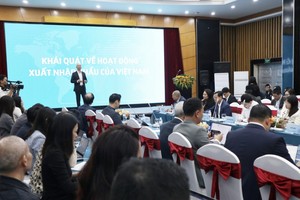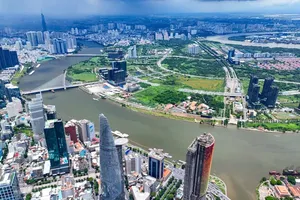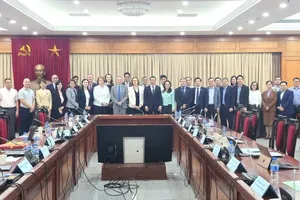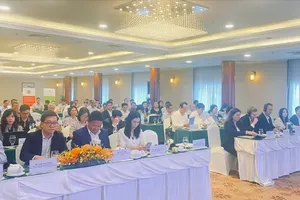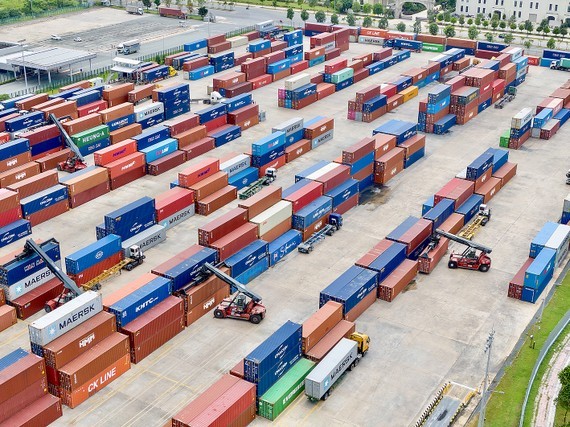 Weak Vietnam's infrastructure for logistics is barrier for industry's potential
Weak Vietnam's infrastructure for logistics is barrier for industry's potential
Experts made the statement at yesterday's forum ‘Vietnam Logistics - Transforming Development’ organized by the Vietnam Chamber of Commerce and Industry (VCCI),
Talking about the potential of Vietnam's logistics market, Mr. Phan Van Chinh, Director of the Import-Export Department under the Ministry of Industry and Trade, shared that the figure of import and export turnover from the beginning of 2022 up to now has proven the considerable potential for development of the logistics industry. This year, total import and export turnover is US$558.52 billion, up 15.1 percent over the same period in 2021. Amongst markets, the Asian market accounts for 46.80 percent, followed by the Americas with 35.59 percent, Europe with 15.09 percent and the rest belongs to other markets.
In addition, new free trade agreements (FTAs) signed by Vietnam with major trading partners such as the European Union (EVFTA) bring many advantages to the logistics service industry, which is a significant lever to increase the city’s growth after the Covid-19 pandemic. These agreements will be a boost to Vietnam's production and import-export activities. When production and import-export activities develop, it will lead to the development of the logistics industry.
However, Vietnam's logistics activities are still limited and dependent on a few foreign enterprises. This is also the reason why Vietnam's logistics industry is vulnerable.
Hoang Quang Phong, Vice Chairman of VCCI, said that the Government has issued many supportive policies to create a favorable environment, improve Vietnam’s competitiveness and reduce logistics costs over the years. On that basis, VCCI has cooperated with related units to launch the Vietnam Provincial Logistics Competitiveness Index (LCI) project 2022 with the aim to help customers have a good look at the logistics service in provinces and cities. Moreover, LCI is expected will help policymakers to develop this industry in localities across the country.
According to Mr. Le Duy Hiep, Chairman of the Vietnam Logistics Association, in order to turn the logistics market from potential into reality, it is necessary to have a comprehensive policy from attracting investment to improving infrastructure and administrative procedures; plus, responsible agencies must build a synchronous, transparent and effective legal framework.
On the other hand, recently, there has been a boom in e-commerce and strong development of e-logistics services in Vietnam, so the development orientation of the industry should be necessarily built in parallel with this trend.




